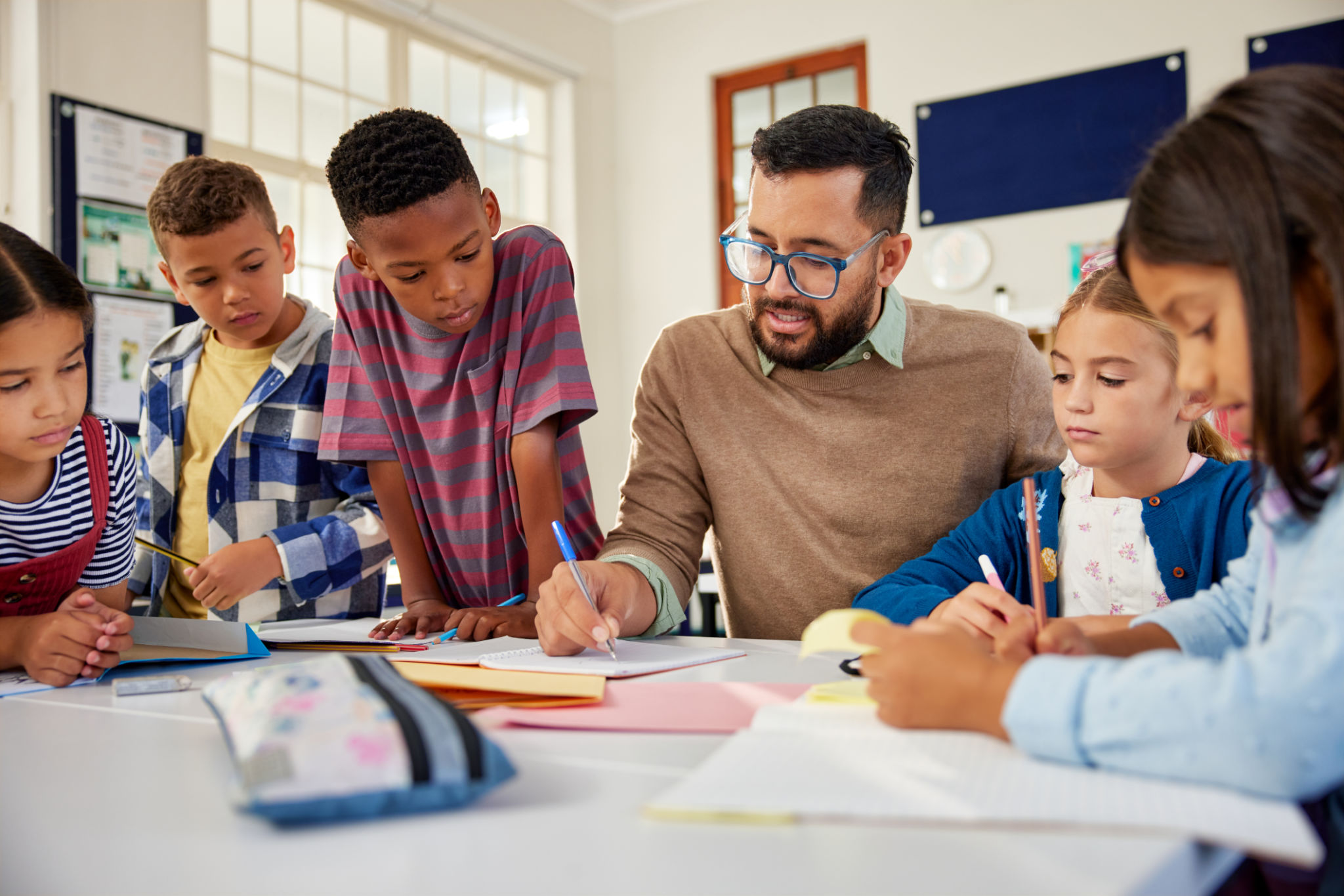Effective Study Habits: Tips from Experienced Educators
Introduction to Effective Study Habits
Studying effectively is a skill that can significantly enhance your academic performance and reduce stress. Drawing insights from experienced educators, we've compiled a list of tips to help you develop effective study habits. Whether you're a high school student or pursuing higher education, these strategies can help you maximize your learning potential.

Time Management Skills
Create a Study Schedule
One of the most crucial aspects of effective studying is time management. Educators suggest creating a study schedule that allocates specific times for different subjects. This not only ensures that you cover all your material but also helps in building a routine.
Prioritize Your Tasks
When planning your study sessions, it's important to prioritize tasks based on deadlines and difficulty. Tackling the most challenging subjects first can increase your productivity as your energy levels are higher, and it prevents procrastination.
Active Learning Techniques
Engage with the Material
Active learning involves engaging with the study material through techniques like summarizing information in your own words, teaching concepts to someone else, or creating mind maps. These methods promote deeper understanding and retention of knowledge.

Use a Variety of Resources
Experienced educators encourage students to use a variety of resources such as textbooks, online courses, videos, and academic journals. This approach provides different perspectives on the subject matter and can help reinforce learning.
Environment Optimization
Create a Conducive Study Environment
Your study environment plays a significant role in your ability to concentrate. Ensure your study space is well-lit, organized, and free from distractions. Some students find background music helpful, while others prefer silence.

Incorporate Breaks
It's important to incorporate regular breaks into your study sessions. The Pomodoro Technique, which involves 25 minutes of focused study followed by a 5-minute break, is a popular method recommended by educators for maintaining concentration over longer periods.
Utilizing Feedback and Reflection
Seek Feedback
Receiving feedback from teachers or peers can provide valuable insights into areas where you need improvement. Don't hesitate to ask questions and seek clarification on topics you find challenging.
Reflect on Your Progress
Regularly reflecting on your progress helps identify what study techniques work best for you and which areas require more effort. Keep a study journal to track your achievements and set future goals.

Conclusion
Adopting effective study habits can transform your educational experience. By managing your time wisely, engaging actively with the material, optimizing your environment, and utilizing feedback, you're well on your way to academic success. Remember that everyone's learning journey is different, so feel free to adapt these tips to suit your unique needs.